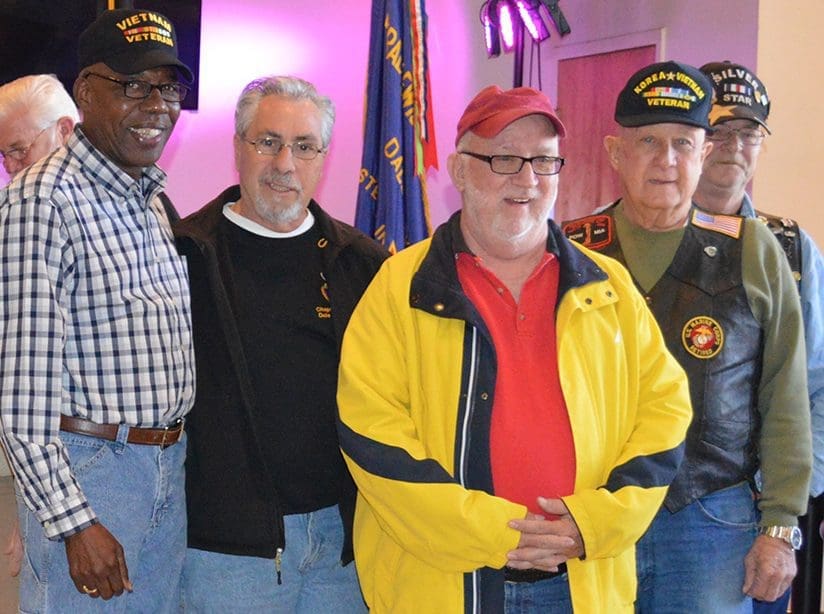
“A master in the art of living draws no sharp distinction between his work and his play; his labor and his leisure; his mind and his body; his education and his recreation. He hardly knows which is which, he simply pursues his vision of excellence through whatever he is doing and leaves others to determine whether he is working or playing. To himself, he always appears to be doing both.”
— L.P. Jacks, Unitarian Minister
On Veterans Day this year, as I was driving in the car listening to NPR, I tuned into the middle of a segment about Veteran’s using humor, laughter, and comedy to heal, address PTSD, and build self and community. The observable benefits that they were experiencing were music to my ears. It took me back to my first book, “301 Ways to Have Fun at Work,” and the journey I took for more than ten years studying and writing about fun, play, humor, and laughter in the workplace.
What I learned originally was that fun and work are good companions. And that humor is not just silly, or even stupid, but when used appropriately, a very high level of thinking. Humor is a bridge through difficult situations and a healthy habit. All work and no play still makes us dull and burned out. A playful self cannot exist without self-trust, self-confidence, and self-compassion. An organizational culture that gives permission for everyone to bring their best selves to work each day, even the fun and silly self, also must have trusting relationships to support the balance of work and play.
Much has been written before and after my two books about fun work places were published. In the last ten-plus years there has been a movement towards the study of positivity and happiness. My shelves are filled with a new generation of books sharing the discovery of an ages old lessons.
“If a man insisted always on being serious, and never allowed himself a bit of fun and relaxation, he would go mad or become unstable without knowing it.”
— Herodotus
I am glad to hear this story about the veterans. It makes me want to rededicate myself to my work/play balance and more sharing this message. It also causes me to question, ‘Why is it so hard for us to embrace a concept so simple?’ ‘Why do we have to make it a ‘project’ to remember to laugh, play, share our silly selves, and just enjoy the moment?’
- Is it our bias for ‘type A’ behavior?
- Do we still subscribe to my father’s adage of “work hard and when you’re done and only if it is good work can you stop and reward yourself with something fun or pleasurable”? Are we too busy to ‘smell the roses’?
- Are you having fun at work?
- Are you making joy a nice to have or a need to have in your life, your work and your relationships?
- How do you keep the balance?
Each week for the next three months I am going to share some writing about fun@work that I have prepared since my original research. I would love to incorporate a story of yours if you would like to boast about your working environment and/or working relationships.
I can’t resist a good story!
Leslie
“Love and work are the cornerstones of our humanness.”
— Sigmund Freud

Recent Comments